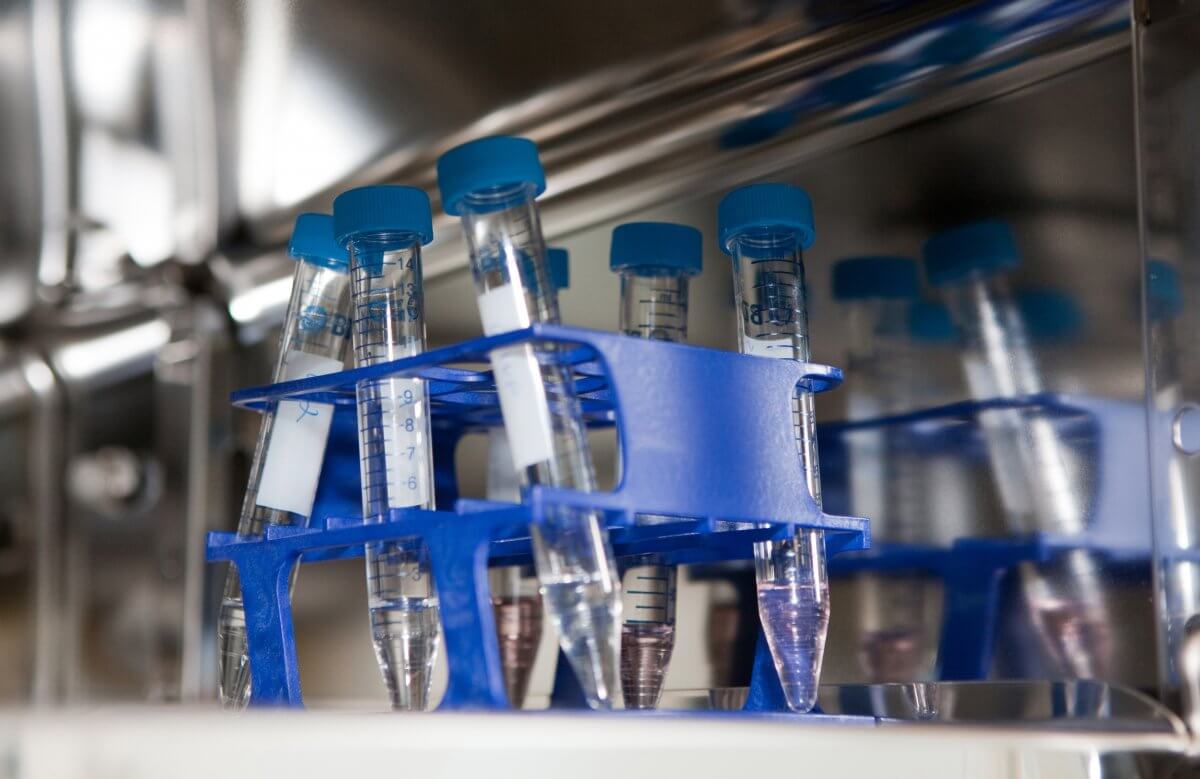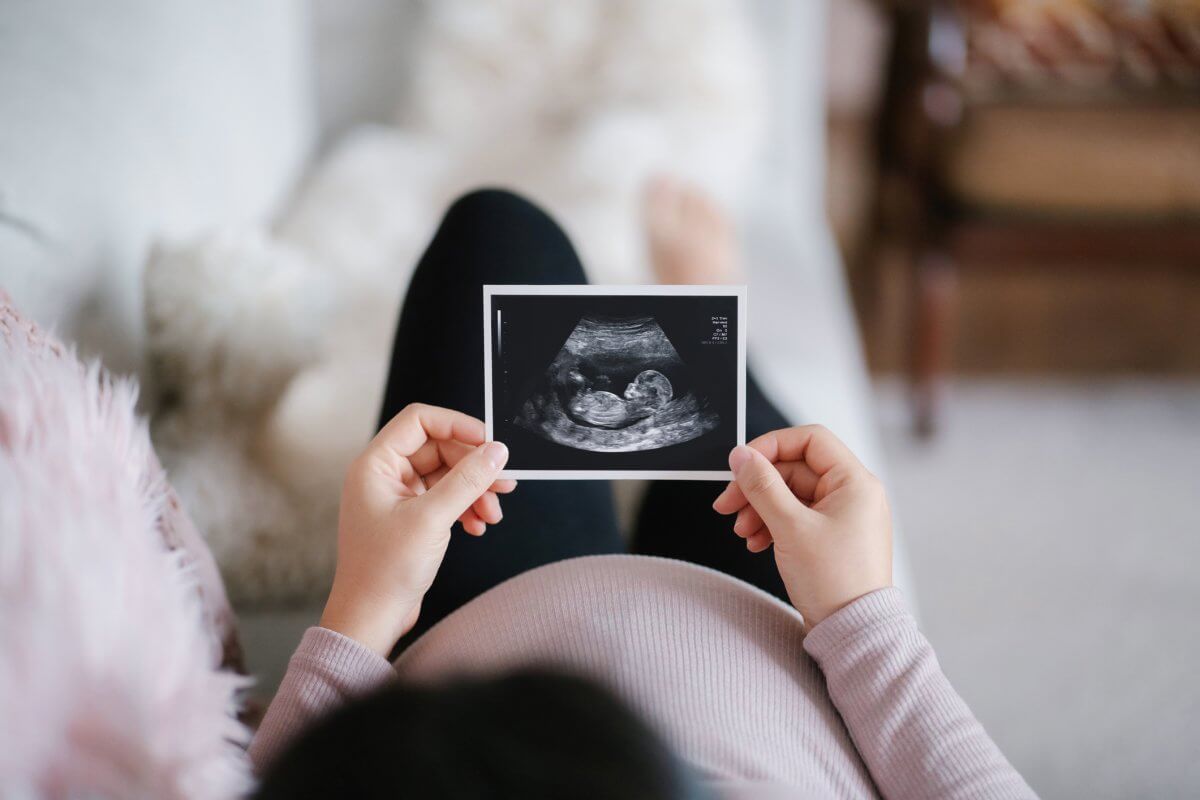As you go through the surrogacy process you, and maybe even family members and friends, may have questions about the DNA of your child. Many people may choose surrogacy due to the genetic factor. But people still have questions about DNA and the genetic process. Common questions we get asked include:
- Does the surrogate mother share DNA with the child?
- Will the baby look like the surrogate mother?
- Do surrogates share blood with the baby?
- Does a gestational surrogate have a right to the baby?
To get answers to these questions and more, you can contact a surrogacy specialist today by filling out our online form or call 1-800-875-BABY.
You can also hear directly from surrogates and intended parents alike by following us on Instagram.
Use this easy guide to understand the difference between traditional surrogacy vs. gestational surrogacy, and help those with questions understand your surrogacy process as well.
Traditional Surrogacy
In traditional surrogacy, the surrogate contributes her own egg to the in-vitro process. Once her egg is artificially inseminated by the intended father’s or donor’s sperm, an embryo is created which she will then carry to term in her uterus. In this form of surrogacy, the surrogate mother is the biological mother of the child. This genetic relationship can come with unique challenges. Due to the higher level of legal risk with traditional surrogacy, it is rarely done today.
Gestational Surrogacy
In gestational surrogacy, the surrogate and baby do not share any genetics. An embryo is created from the intended parents’ and/or donor’s egg and sperm. Once the embryo is created, it is transferred to the surrogate’s womb and she then carries the baby to term. This process is the most common form of surrogacy today, and the only form of surrogacy American Surrogacy completes.
Now, let’s answer those questions from above. We understand that many of the questions may be from well-meaning family members and friends who have a ton of thoughts on the process. However, we are here to offer you the information to make it clear that your child will not be genetically related to the surrogate.
Does the surrogate mother share DNA with the child?
Many people may think of traditional surrogacy when it comes to the surrogate process. They assume it’s her egg being used. This, of course, is not the case. You will use your egg or a donor’s egg to create the embryo that will be carried by the surrogate. The DNA will come from the egg that was used in the embryo. It will have nothing to do with the surrogate.
Will the baby look like the surrogate mother?
Again, the appearance of the baby comes down to who provided the sperm and the egg to create the embryo that results in a child.
Do surrogates share blood with the baby?
When people talk about “blood relation” they may be thinking of literal blood. While yes, a surrogate’s blood is used to help grow your child, they are not of “blood relation.”
Does a gestational surrogate have a right to the baby?
No. With gestational surrogacy, the surrogate mother does not have any rights to the child. There will be a legal process that will allow you the legal rights of parenthood while the baby is in the womb.
When people ask if the baby is related to the surrogate mother, the answer is simply no. You will share the genetics with your child through your egg or sperm, or you can choose to use a donor if using your own is not an option for you.
If you want more information on surrogacy, contact us today at 1-800-825-2229 (BABY) or fill out our online form.









